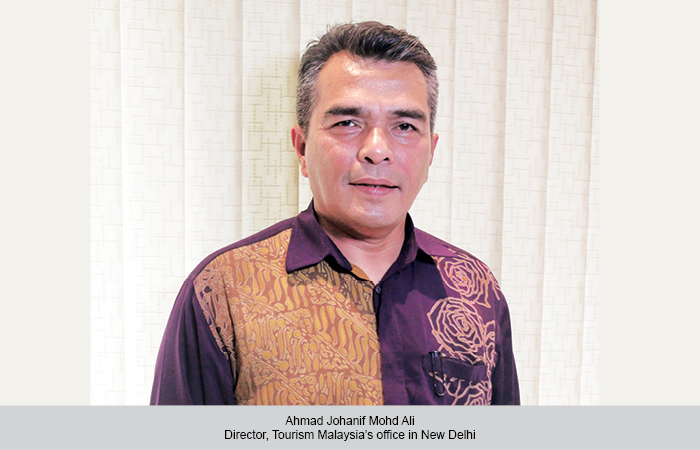The charter or private aircraft market has seen a huge uplift in demand from not only those who always preferred it over commercial flying, but also those who got a taste of flying private during COVID for various reasons. Today, this industry is growing and is set to reach new heights with time.
While the global aviation market saw an unprecedented surge in demand for charter planes after the COVID-19 breakout, the scenario also came up with its own set of challenges. Post-pandemic, charter business witnessed an impressive demand, especially from the first-time flyers. A sizeable number of these flyers continue to fly private planes, whereas a majority of them went back to flying commercial planes, as the threat revolving around the pandemic has fizzled out.
Some of the challenges that are hindering the growth of charter industry in India:
- Unavailability of exclusive charter terminal: Barring a few airports in India like Delhi, Mumbai, Ahmedabad, and Cochin, we have no other airport in India that has the terminal for charters, which causes inconvenience to charter operators and passengers.
- Seasonal demand variations: To a decent extent, charter flying gets affected by its seasonal demand. This is especially the case with travel agencies dealing with FITs. To some extent, even corporate houses avoid travelling during peak summers and rainy season.
- Competition with commercial airlines: During and post-pandemic, charter operators have been facing a competition from commercial airlines, which offer their complete aircraft (normally from 67-seater to 189-seater) for a price, which is considerably lower than a private aircraft.
- Regulatory and taxation
issues: We have a strict aviation regulatory and taxation policy, which discourages many potential aircraft buyers to buy their own aircraft. - Perception and awareness: A large chunk of charter customers consider hiring or owning a private plane as an expensive proposition, which is not the case. We have been conducting a training session with travel trade partners to explain the benefits of charters and how it could add value to their customers. Also, we have a comprehensive presentation for corporate houses highlighting the cost-benefit analysis for them.
Future of general aviation
I foresee a bright future for the general aviation industry in India because of the rise in ultra-high net worth individuals (UHNI) and the regional connectivity scheme of the Indian government. As disposable incomes increase and aspirations for luxury experiences grow, more individuals and businesses may opt for private charters as a convenient and exclusive mode of travel. A larger chunk of business travellers who shifted to flying private planes during the pandemic continue to fly and some of them even bought their own private plane and quite a few are in the process of buying their own aircraft.
The pandemic witnessed an impressive private jet flying in tier II and III cities. With the government encouraging regional connectivity schemes (RCS), under which many non-operational airfields have been activated, charter flights got a huge boost in connecting many small cities having manufacturing facilities of corporates houses and also places of tourist interests.
With the entry of new operators, this market is experiencing a high demand, which would help drive innovation, improved service offerings, and potentially more competitive pricing.
Importantly, innovative digital platforms for charter bookings like BookMyJet can contribute to operational cost reductions and improved customer experiences. Lastly, there is an increasing emphasis on sustainable aviation practices, including the adoption of more eco-friendly aircraft, sustainable fuel alternatives and eVTOLS.
 TravTalk India Online Magazine
TravTalk India Online Magazine





